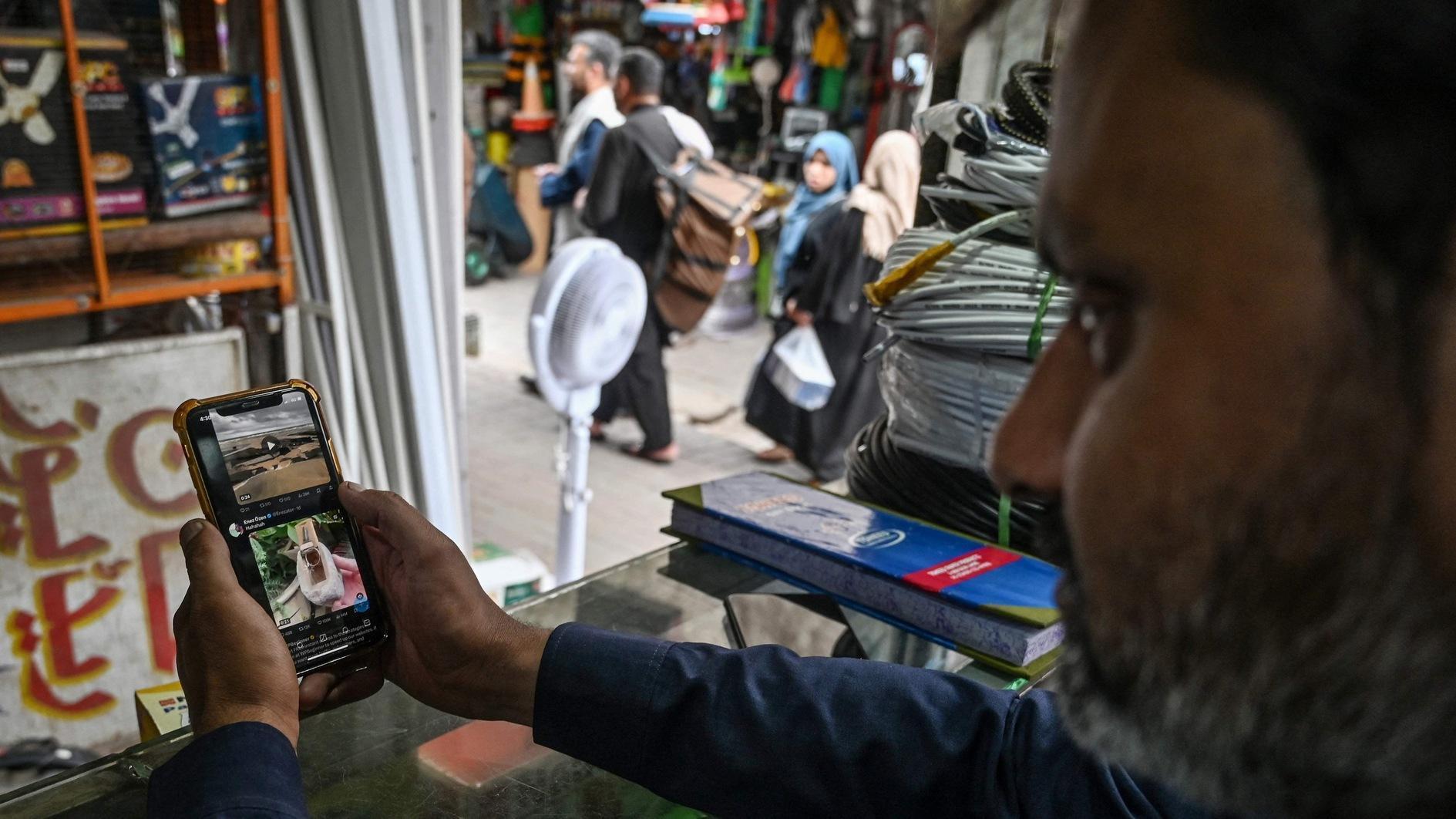Obama sets examples of police state, not democracy
On Dec. 6 a man was shot by a police officer in Hollywood, Los Angeles, and later died in hospital.
The LAPD gave no name for either the police officer who shot the man, or for the man who was killed, only saying that the latter was “white” and was carrying a weapon. This statement reflected panic in the LA police. The “weapon” in question was a “3-4 inch” (8-10 cm) folding knife, and the highlighting of the killed man’s skin color was a reference to the two killings that have been rocking U.S. public opinion for the last two weeks.
Not exactly the image of the firm and smart police in Hollywood movies and TV serials, is it?
In the two cases that the LAPD chiefs were trying to avoid, court juries decided not to indict the police officers who killed Eric Garner in July 2014 in Staten Island, New York; and Michael Brown in August 2014 in St Louis, Missouri; both men were black.
When mass protests started against those judgments and after U.S. President Barack Obama stood behind the rulings, world public opinion started to pay attention to police killings in the country. The image or perception had been that crimes could be committed by officials in the U.S., but American democracy and justice would not let the perpetrators get away with it. In a way, Obama’s words heralded that “The times they are a-changin’,” but not in a Bob Dylan way - perhaps the opposite.
Actually, the U.S. is one on the leading countries in the world for deaths caused by the police, (just like death penalty cases). August 2014, for example, when Brown was killed during the Ferguson protests, deaths caused by police officers hit a record high of nearly 110 across the U.S. (I write “nearly” because the Wikipedia page on the issue warns of uncertainties in the information). The total number in 2014 so far is estimated to be as high as 490.
According to the Wikipedia page based on news stories and police reports, the total numbers were 320 in 2013, 400 in 2012, and 404 in 2011.
The problem is systematic, and it takes in everyone. From 17-year-old Christopher Roups in Georgia, who was shot by police officer Nancy Beth Ganty after she thought young Christopher’s Wii remote control could be a weapon when he opened the front door to her (she was not indicted, either); to Brandon Keeler of Ohio, who had opened fire with a Kalashnikov assault rifle; to John Edwards of Illinois, who was killed in a shootout after police raided a meth lab.
Do the last two examples sound problematic to you? Let me ask in another way: Is it the police’s duty to punish people by killing them, without even thinking to just wound them if they are dangerous?
To consider these questions, let’s consider the words of Turkish Prime Minister Ahmet Davutoğlu, who is of an academic background and who promotes “value-based politics.”
On Oct. 10, Davutoğlu said during a TV interview that “four terrorists” - alleged militants of the outlawed Kurdistan Workers’ Party (PKK) suspected to have ambushed and killed two police officers and wounded another in the eastern city of Bingöl - had been “punished” by police units chasing them. There is now a debate about whether they were actually PKK militants, or whether they were even involved in the attack in the first place. But, as in the worst practice examples in the U.S., is it the police’s duty to “punish” suspects in such a way in a democracy?
“If you dare, try to throw a stone at police in America,” Turkish President Tayyip Erdoğan challenged main opposition Republican People’s Party (CHP) deputies who criticized police brutality against protesters. “You cannot.”
According to the Foundation for Baran Tursun - named after a man who was shot and killed by police officers in the western city of İzmir on Nov. 25, 2007, based on claims that he did not listen after being asked to stop while driving his car - the number of killings at the hands of police in Turkey since 2007 is 174.
The issue flared up during the Gezi Park protests in summer 2013, during which seven people were killed. One of them was 15-year-old Berkin Elvan, who was hit by a gas canister in the head by the police, who were trying to disperse protesters. Another was Ethem Sarısülük in Ankara; the police officer who shot him has been sentenced to seven years and nine months in prison.
On Dec. 6, the day when the LAPD shot and killed a “white” man, without even disclosing his identity, President Erdoğan said “at least the Turkish police do not kill citizens on the streets,” as is the case in the U.S.
The Obama administration should know that slogans such as “Black Lives Matter” and “I Can’t Breath” echo all around the world. Serious violations of human rights in the U.S., the result of a paranoid “security first” approach that makes police officers even more strained and trigger happy, sets the example of a police state, not a democracy. This is especially the case after court rulings suggesting that the police can get away with killing people, encouraged by the political powers.
Such examples damage and devalue the U.S.'s democracy and rule of law recommendations to other countries with democratic problems, which is bad for improving democracy and human rights standards around the world.











